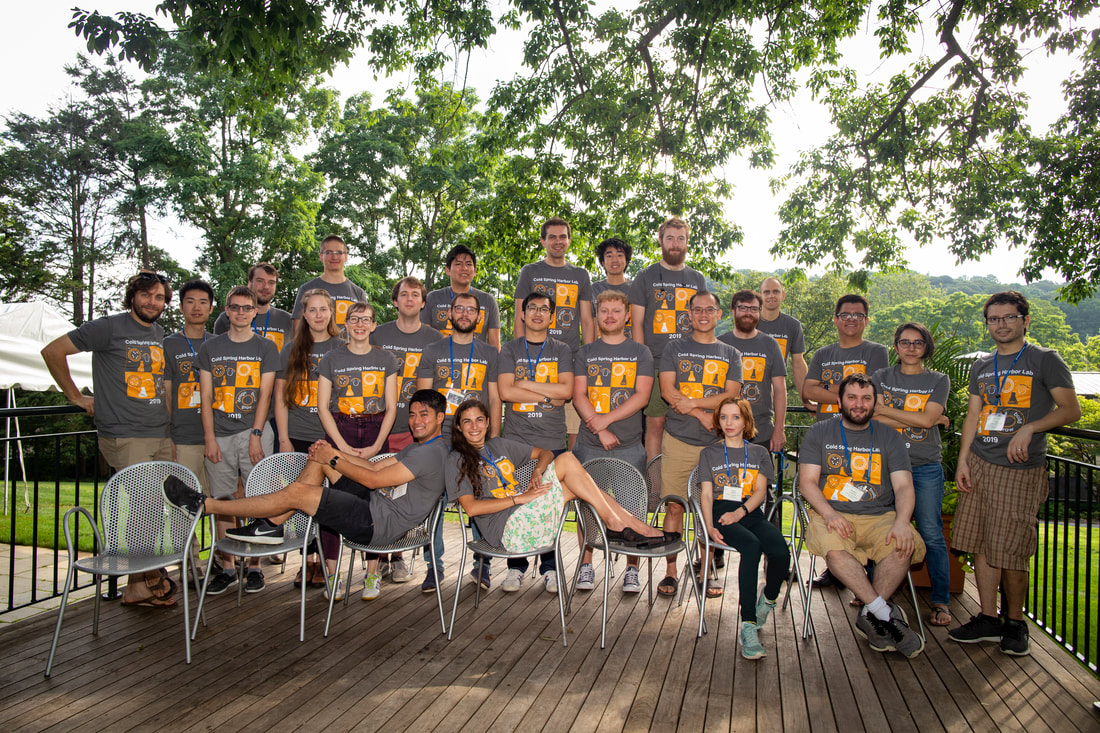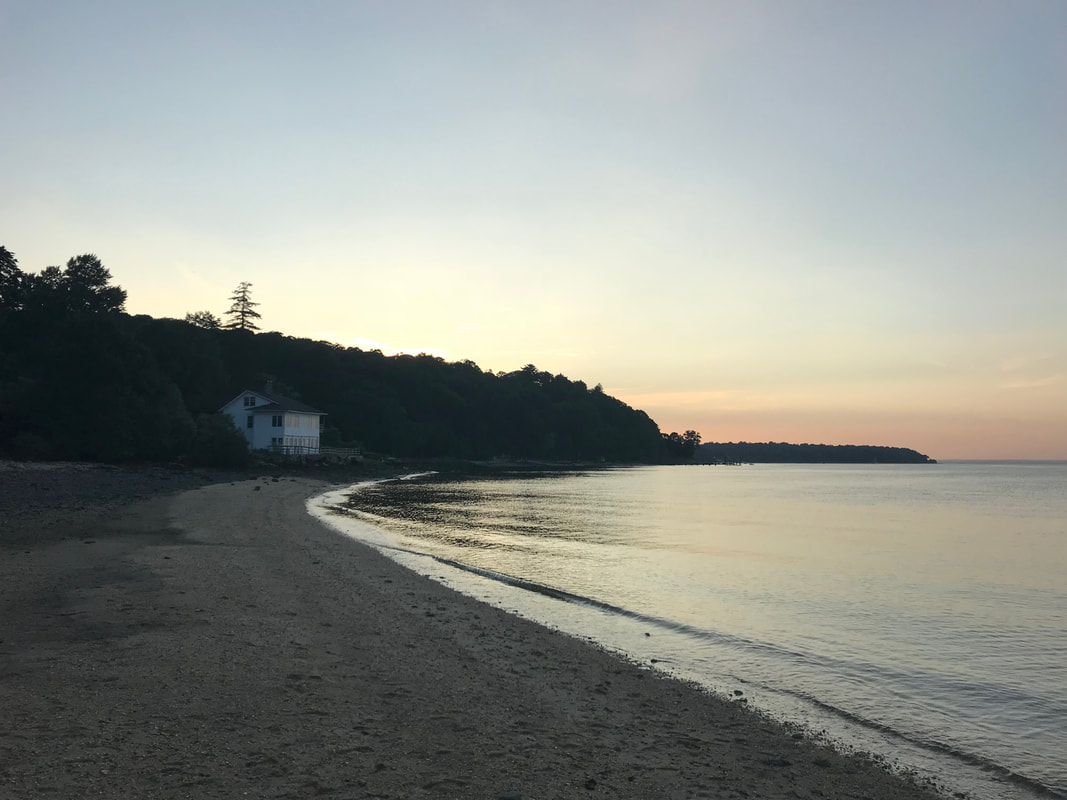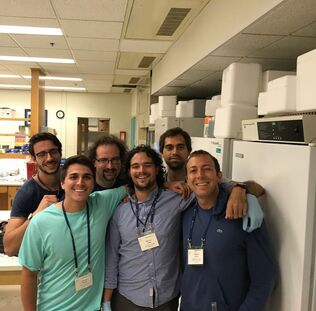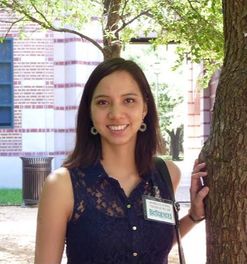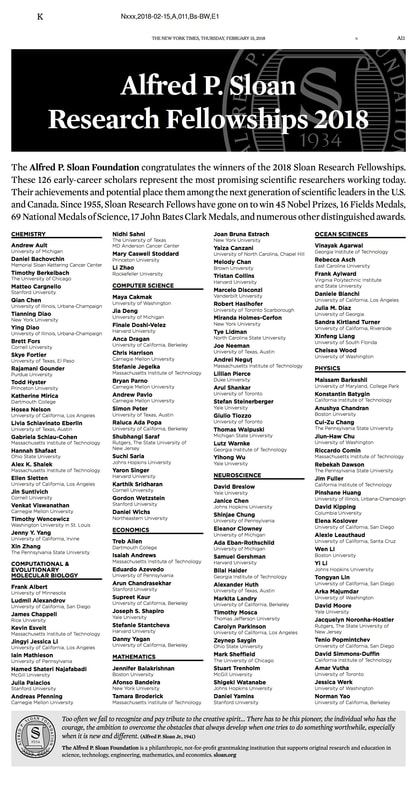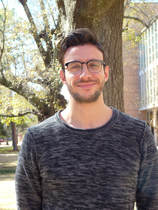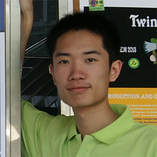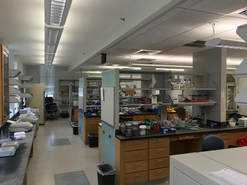|
A major challenge in understanding the risk of synthetic microbial technologies is the lack of simple tools for monitoring gene transfer from these microbes to environmental consortia. To address this, the Chappell, Silberg, Stadler, and Masiello labs at Rice university were awarded a Biotechnology Risk Assessment Research (BRAG) grant from the United States Department of Agriculture (USDA) to develop a new framework for monitoring and predicting gene transfer from synthetic microbes to environmental microbial communities in soil. This project leverages several exciting synthetic biology innovations from our team, and builds upon the growing community at Rice working at the interface of synthetic biology and environmental science.
The Chappell lab welcomes Andrea Garza Elizondo and August Staubus joining from the Biochemistry and Cell Biology (BCB) graduate program here in the BioScience department at Rice.
The Chappell lab was awarded a Welch Foundation research grant to support our work in creating new synthetic biology technologies for eliciting bacterial natural product synthesis. The Welch Foundation is the nation's largest funding source for basic chemical research and it is a great honor to be supported by them. Read more about the Welch Foundation here and see 2019 list of awards here.
James and Baiyang teach at the 2019 Synthetic Biology Course at Cold Spring Harbor Labs. Great year at CSHL exploring new ideas with students and hearing awesome talks from researchers in the field. Fantastic group of students this year and an amazing speaker line up! More details about this years course can be found here (https://cshlsynbio.wordpress.com/).
Milestone for the lab — our first paper. We are excited to publish our first Chappell lab paper in the special Synthetic Biology Edition of Current Opinion in Systems Biology. Our review covers exciting recent developments in the RNA synthetic biology field and some of our favorite papers from the last few years. Check out our paper "Brave new ‘RNA’ world—advances in RNA tools and their application for understanding and engineering biological systems".
James and Andrea teach at the 2018 Synthetic Biology Course at Cold Spring Harbor Labs. This course has been running for 5 years now and brings 16 scientists together for a crash course in Syn Bio. James and Andrea taught this years Cohort about Cell-free transcription and translation systems (TX-TL) and RNA-based genetic circuits. Check out the CSHL website for more details.
James is selected as a 2018 Alfred P. Sloan Research Fellow in Computational and Evolutionary Molecular Biology. Awarded yearly since 1955, the fellowships is awards to 126 researchers in 8 fields in recognition of distinguished performance and a unique potential to make substantial contributions to their field.
Featured on:
|
CONTACT US
|
MAIL:
Chappell Lab George R. Brown Hall W200i 6100 Main St. Houston TX 77005-1892 |
PHONE:
+1 (713) 348-3781 |

